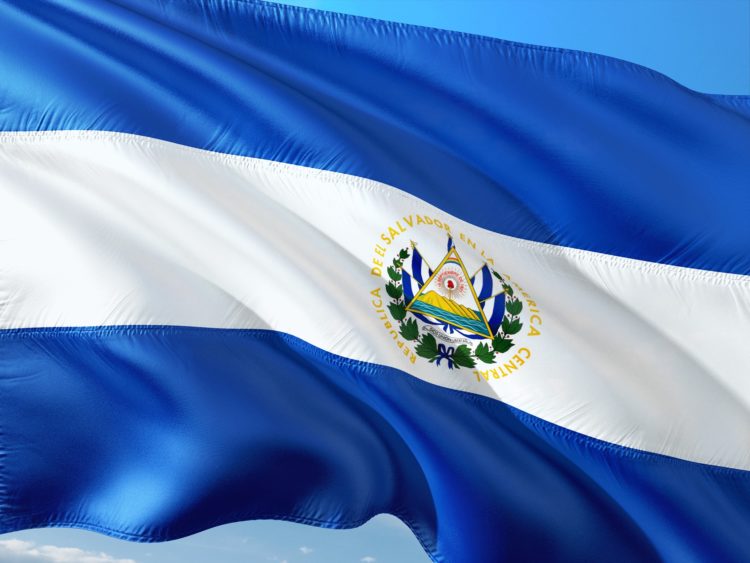- El Salvador’s new Bitcoin wallet could make Western Union and others lose $400 million a year.
- Last year, El Salvador received almost $6 billion in remittances – about 23 percent of the nation’s gross domestic product.
The discomfort surrounding remittances, such as Western Union, is one of El Salvador president Nayib Bukele’s major reasons for making Bitcoin a legal tender. Many Salvadorans in the diaspora find it difficult to send money home to their family members and loved ones. Western Union and other international money transfers companies with expensive charges were the only options available. However, as Bitcoin becomes a legal tender in El Salvador, citizens in the diaspora now have easier and cheaper means to send money home.
Chivo to make Western Union and MoneyGram lose $400 million in El Salvador
The collected amount of money Salvadorans transferred to the country was up to $6 billion, representing 23 percent of the nation’s gross domestic product. Also, financial services companies that served as middlemen for the international transfers took a significant percentage of the money. According to Bukele’s estimate, Western Union and MoneyGram will lose $400 million a year in commissions for remittances with El Salvadoran’s increased adoption of BTC.
The chief investment officer at crypto asset management firm Bitwise Asset Management, Matt Hougan, commented:
Remittances are one area where the status quo in our legacy financial system is terrible, with extraordinarily high fees leveled at populations that can ill afford them.
Among citizens of El Salvador that complains about the hassle around Western Union is Jamie Garcia. Garcia explained the stress of having to visit a physical Western Union office to send money. He also complained about the additional money they charge to complete the transaction. Furthermore, he stated the long time it takes for the money to arrive in El Salvador. Apart from his personal hassle, the people receiving the cash also need to visit a physical Western Union office in El Salvador to receive the money. The physical collection also comes with the disadvantage of robbery after collecting the cash.
Although Garcia can now use the online Western Union app, people receiving the money are still disadvantaged. In addition, he said he still faces steep fees of about 12.5 percent for a transfer of $100.
El Salvador’s virtual wallet- Chivo
As El Salvador officially declared Bitcoin a legal tender, the government also launched its virtual wallet- Chivo. The national virtual wallet enables free swift cross-border transactions. Unlike before, El Salvadorans can now send Bitcoin to anyone with a Chivo wallet, Also, the recipients can easily receive the equivalence in cash. Already, the government has launched 200 new Chivo ATMs to make it easy for citizens.
Notably, Remittances from other countries, which about 70 percent of the population receives, is almost a quarter of El Salvador’s GDP. Basically, the transfer of money from abroad to El Salvador is essential to the nation’s economy. About $195 is the average money remittance transfer.
Data shows that 38 percent of money sent to El Salvador comes through banking institutions. In addition, 60 percent through remittance companies. Each remittance company has its transaction fee, but typically, small amounts attract high fees.
Hougan continued:
It won’t be overnight; 100% of remittances aren’t going to move to the Chivo app tomorrow. These things take time, and people naturally worry about trying new things with money. But the current fee levels of charge for remittances are going to prove unsustainable.
Credit: Source link











































































































































